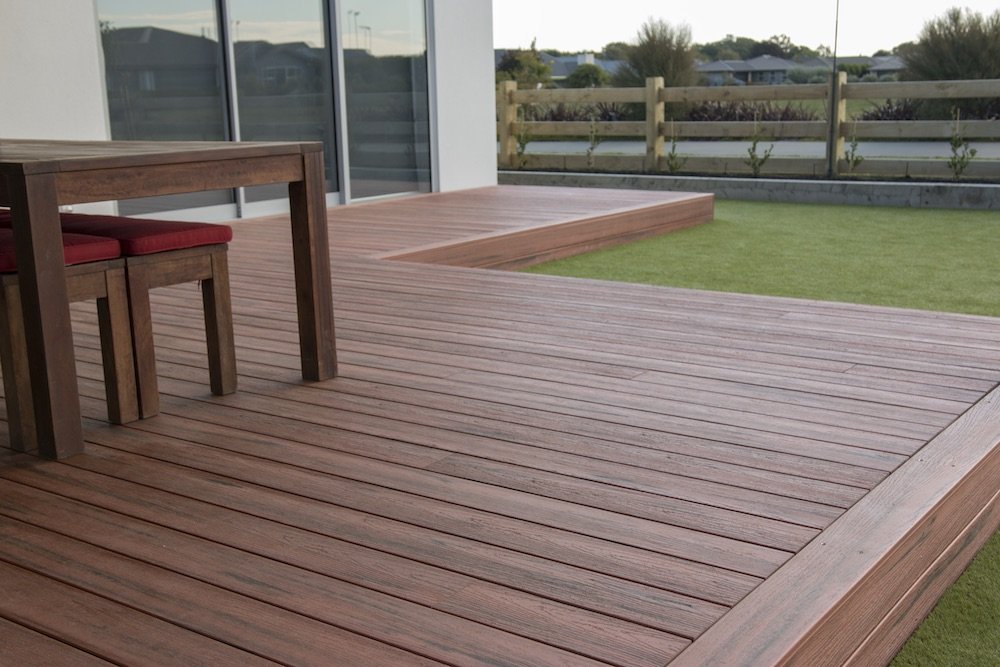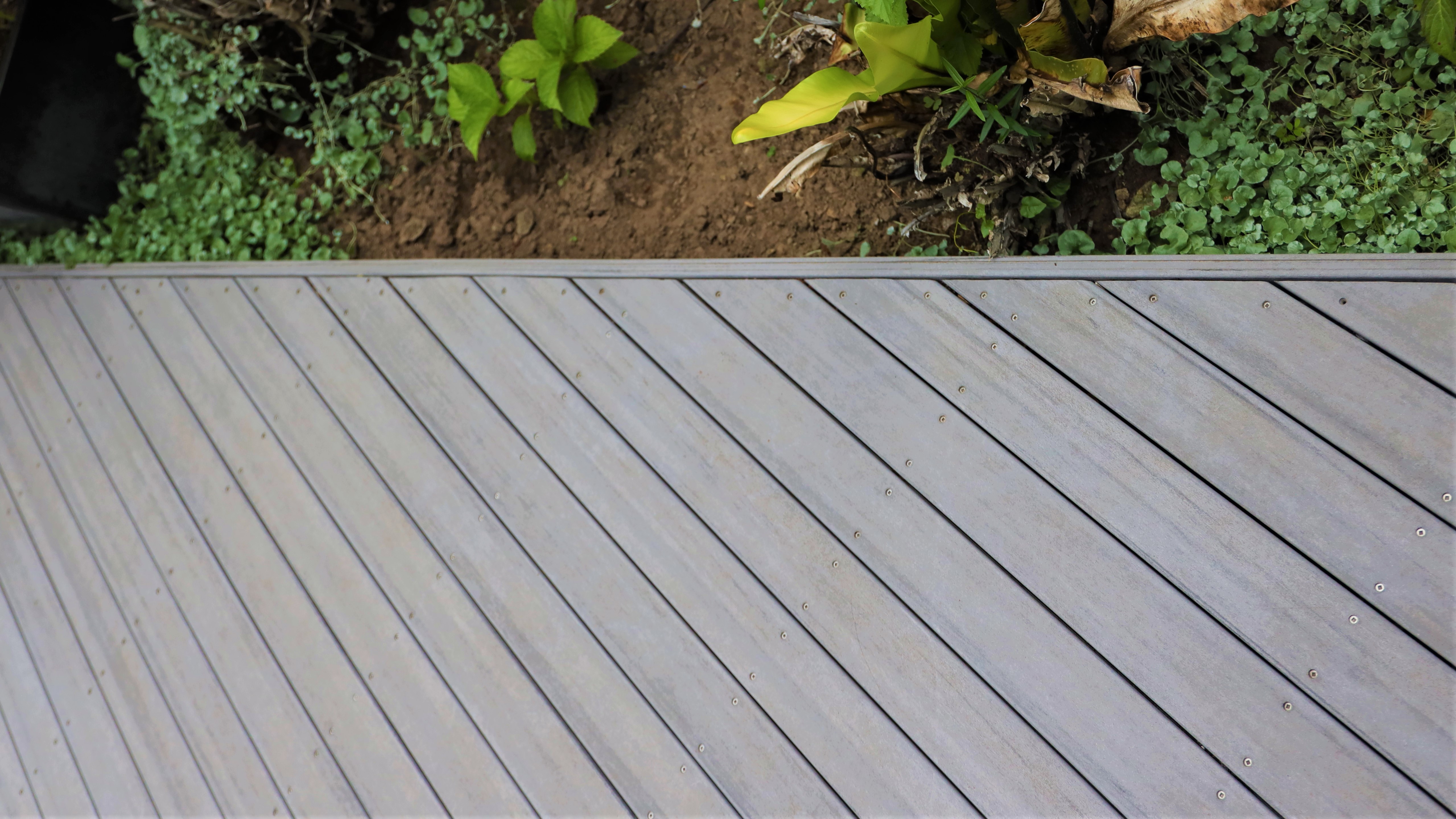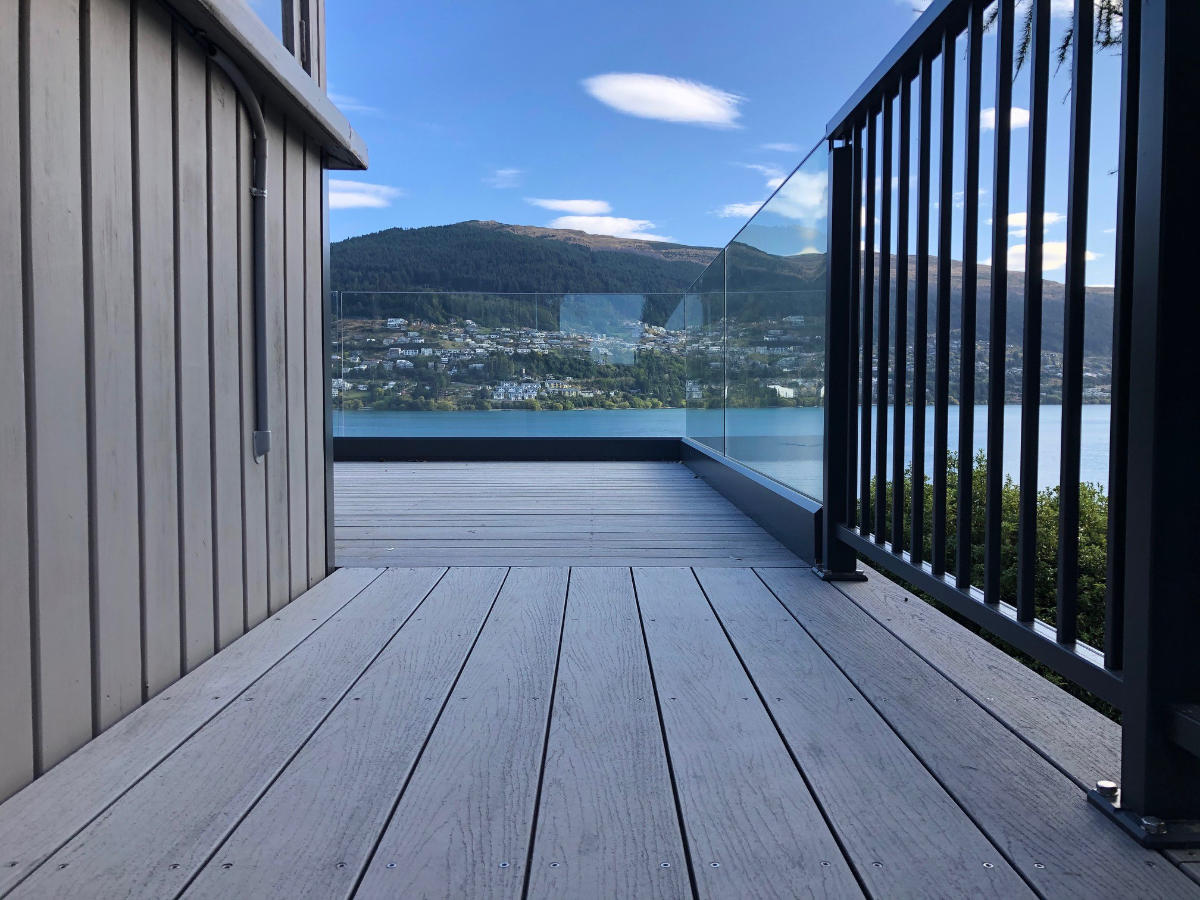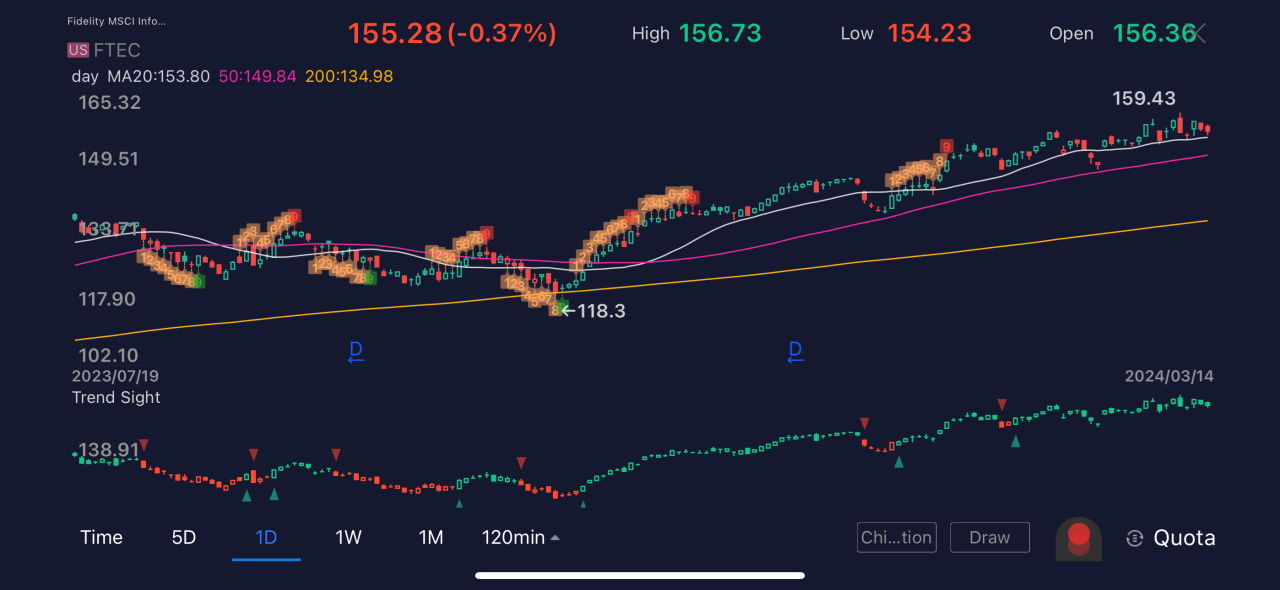Modwood Technologies: A Sustainable Alternative to Wood
Modwood technologies offer a revolutionary approach to wood production, harnessing the power of innovation to create a sustainable and environmentally friendly alternative. This technology, born from the need to address […]

Modwood technologies offer a revolutionary approach to wood production, harnessing the power of innovation to create a sustainable and environmentally friendly alternative. This technology, born from the need to address the growing concerns surrounding deforestation and the depletion of natural resources, presents a compelling solution for various industries, from construction to furniture design.
Modwood is crafted from a blend of wood fibers and recycled materials, resulting in a durable and versatile material that closely mimics the properties of traditional wood. The process involves carefully selecting and treating wood fibers, combining them with other sustainable materials, and molding them into various shapes and sizes. This meticulous approach ensures that Modwood not only meets the demands of modern design but also minimizes its environmental impact.
Properties and Applications of Modwood

Modwood is a revolutionary material that combines the beauty and warmth of natural wood with the durability and sustainability of modern technology. This engineered wood product is crafted from recycled wood fibers and bio-based resins, offering a compelling alternative to traditional wood.
Physical and Mechanical Properties of Modwood
The physical and mechanical properties of Modwood are comparable to or even exceed those of solid wood, making it a versatile material for various applications.
- Density: Modwood has a density similar to that of solid wood, ranging from 600 to 800 kg/m3, providing a good balance between strength and weight.
- Strength: Modwood exhibits high tensile, compressive, and bending strengths, making it suitable for structural applications. Its strength-to-weight ratio is excellent, allowing for lightweight structures with high load-bearing capacity.
- Durability: Modwood is highly resistant to moisture, rot, insects, and fungal attack, making it ideal for outdoor applications. Its durability ensures a long lifespan and minimizes maintenance requirements.
- Stability: Modwood is dimensionally stable, meaning it resists warping, shrinking, and swelling, even in fluctuating humidity and temperature conditions. This stability is essential for maintaining the integrity of structures and furniture over time.
- Workability: Modwood can be easily worked with traditional woodworking tools and techniques, allowing for intricate designs and shapes. It can be sawn, drilled, routed, and finished with ease.
- Finish: Modwood accepts a wide range of finishes, including paints, stains, and varnishes, allowing for customization and aesthetic appeal. Its smooth surface provides an excellent base for coatings.
Applications of Modwood
The unique properties of Modwood have led to its widespread adoption in various industries.
- Construction: Modwood is used extensively in construction for a wide range of applications, including decking, cladding, flooring, beams, and structural components. Its durability, stability, and resistance to weathering make it an ideal choice for outdoor construction projects.
- Furniture: Modwood is an excellent material for furniture making, offering a combination of strength, durability, and aesthetic appeal. It is used for chairs, tables, cabinets, and other furniture pieces, providing a sustainable and stylish alternative to traditional wood.
- Interior Design: Modwood is gaining popularity in interior design, adding a touch of warmth and natural beauty to spaces. Its versatility allows for creative applications in wall panels, ceilings, and decorative elements, creating a unique and sustainable ambiance.
- Outdoor Products: Modwood’s resistance to moisture and weathering makes it suitable for outdoor products like garden furniture, fences, and landscaping elements. Its durability ensures that these products withstand the elements and maintain their aesthetic appeal for years to come.
- Marine Applications: Modwood’s resistance to water damage and rot makes it suitable for marine applications like boat decks, docks, and other structures exposed to harsh marine environments.
Examples of Modwood Applications
Modwood has been successfully implemented in numerous projects worldwide, showcasing its versatility and effectiveness.
- Decking: Modwood is used for decking in residential, commercial, and public spaces. Its durability, slip resistance, and low maintenance requirements make it an ideal choice for outdoor decks. The use of Modwood decking at a public park in Sydney, Australia, has demonstrated its ability to withstand heavy foot traffic and weather conditions for years.
- Cladding: Modwood is used as cladding for buildings, adding a touch of natural beauty and sustainable appeal. A hotel in London, England, incorporated Modwood cladding for its exterior walls, achieving a modern and eco-friendly aesthetic.
- Furniture: Modwood is used to create a wide range of furniture, from contemporary dining chairs to rustic outdoor benches. A furniture designer in New York City uses Modwood to create unique and sustainable furniture pieces, incorporating recycled wood fibers and bio-based resins.
- Marine Applications: Modwood has been successfully used in marine applications, including boat decks and docks. A boat manufacturer in California uses Modwood for its boat decks, benefiting from its durability, resistance to water damage, and low maintenance requirements.
Advantages and Disadvantages of Modwood
Modwood, a sustainable alternative to traditional wood, offers a compelling solution for various applications. It presents a range of advantages over conventional wood, particularly in its environmental impact and versatility. However, like any innovative material, Modwood also comes with its own set of challenges and limitations.
Advantages of Modwood
The advantages of Modwood stem from its unique composition and manufacturing process, which result in a material with exceptional properties.
- Sustainability: Modwood is a highly sustainable material, derived from wood fibers that are typically sourced from fast-growing, sustainably managed plantations. This reduces the reliance on virgin timber and helps preserve natural forests.
- Durability: Modwood is highly resistant to rot, decay, and insect infestation, making it ideal for outdoor applications. It is also resistant to moisture and temperature fluctuations, ensuring long-term performance.
- Versatility: Modwood can be molded and shaped into various forms, offering design flexibility for a wide range of applications, from furniture and decking to cladding and architectural elements.
- Low Maintenance: Modwood requires minimal maintenance, as it does not need to be painted or sealed. This reduces long-term costs and effort associated with upkeep.
- Aesthetic Appeal: Modwood offers a natural aesthetic that blends well with its surroundings. It comes in various colors and finishes, allowing for customization to suit different design preferences.
Disadvantages of Modwood
While Modwood offers several advantages, it also has certain disadvantages that need to be considered.
- Cost: Modwood is generally more expensive than traditional wood, primarily due to its manufacturing process and the use of sustainable materials. However, its long lifespan and low maintenance requirements can offset this cost over time.
- Availability: Modwood is not as readily available as traditional wood, and its distribution network is still developing. This can limit its accessibility in certain regions.
- Durability Limitations: While Modwood is highly durable, it can be susceptible to scratches and dents. It is also not as strong as some traditional hardwoods, limiting its use in high-load-bearing applications.
- Environmental Concerns: The manufacturing process of Modwood requires energy and resources, which can contribute to greenhouse gas emissions. However, its sustainability benefits in terms of forest conservation outweigh these concerns.
Challenges and Limitations
Modwood technology faces several challenges and limitations that need to be addressed for its widespread adoption.
- Scaling Up Production: Increasing production capacity to meet growing demand is a significant challenge. This requires investment in manufacturing facilities and infrastructure.
- Market Penetration: Educating consumers and professionals about the benefits and applications of Modwood is crucial for market penetration.
- Recycling and End-of-Life Management: Developing effective recycling and end-of-life management systems for Modwood is essential to minimize its environmental footprint.
- Research and Development: Continued research and development are necessary to improve the properties and performance of Modwood and explore new applications.
Future Trends and Innovations in Modwood: Modwood Technologies

Modwood, as a sustainable alternative to traditional wood, is poised for significant growth and innovation. The future of Modwood technology holds exciting possibilities, with advancements in manufacturing processes, material properties, and applications, paving the way for a more sustainable and environmentally conscious future.
Potential Applications and Advancements
The future of Modwood is bright, with advancements in technology and innovation leading to a wider range of applications and improved performance. Here are some potential future applications and advancements in Modwood technology:
| Application | Advancement | Description |
|---|---|---|
| Construction | Improved fire resistance | Modwood can be engineered to be more fire-resistant, making it suitable for structural applications in buildings and infrastructure. |
| Furniture | Enhanced durability and water resistance | Modwood can be treated to resist moisture and decay, making it ideal for outdoor furniture and other applications where durability is essential. |
| Decking | Increased longevity and low maintenance | Modwood’s natural resistance to weathering and pests makes it a long-lasting and low-maintenance option for decking and outdoor flooring. |
| Automotive | Lightweight and sustainable components | Modwood’s lightweight and durable properties make it suitable for use in automotive components, reducing weight and improving fuel efficiency. |
| Packaging | Biodegradable and compostable alternatives | Modwood can be used to create biodegradable and compostable packaging solutions, reducing plastic waste and promoting sustainability. |
Addressing Deforestation Concerns, Modwood technologies
Modwood’s potential to address deforestation concerns is significant. By providing a sustainable alternative to traditional wood, Modwood can help reduce the demand for timber from natural forests, thus mitigating the negative impacts of deforestation on biodiversity, climate change, and ecosystem services.
“Modwood can play a crucial role in reducing the pressure on natural forests by providing a sustainable and renewable alternative to traditional wood products.”
Conclusive Thoughts

Modwood technologies hold immense promise for the future, offering a path toward a more sustainable and responsible approach to wood production. As we navigate the challenges of a changing climate and resource scarcity, Modwood stands as a testament to human ingenuity and our commitment to creating a better tomorrow. By embracing this innovative technology, we can move toward a future where our environmental footprint is minimized, and the beauty and functionality of wood are preserved for generations to come.
Modwood technologies are making waves in the sustainable building industry, offering a unique alternative to traditional wood. While these innovations are focused on construction, they also touch upon broader themes of environmental responsibility, which intersects with the vital area of technology for food safety.
Ensuring the safety of our food supply chain is paramount, and advancements in this field often involve similar principles of innovation and sustainability that drive Modwood technologies. By embracing responsible practices, we can build a better future for both our homes and our food systems.




